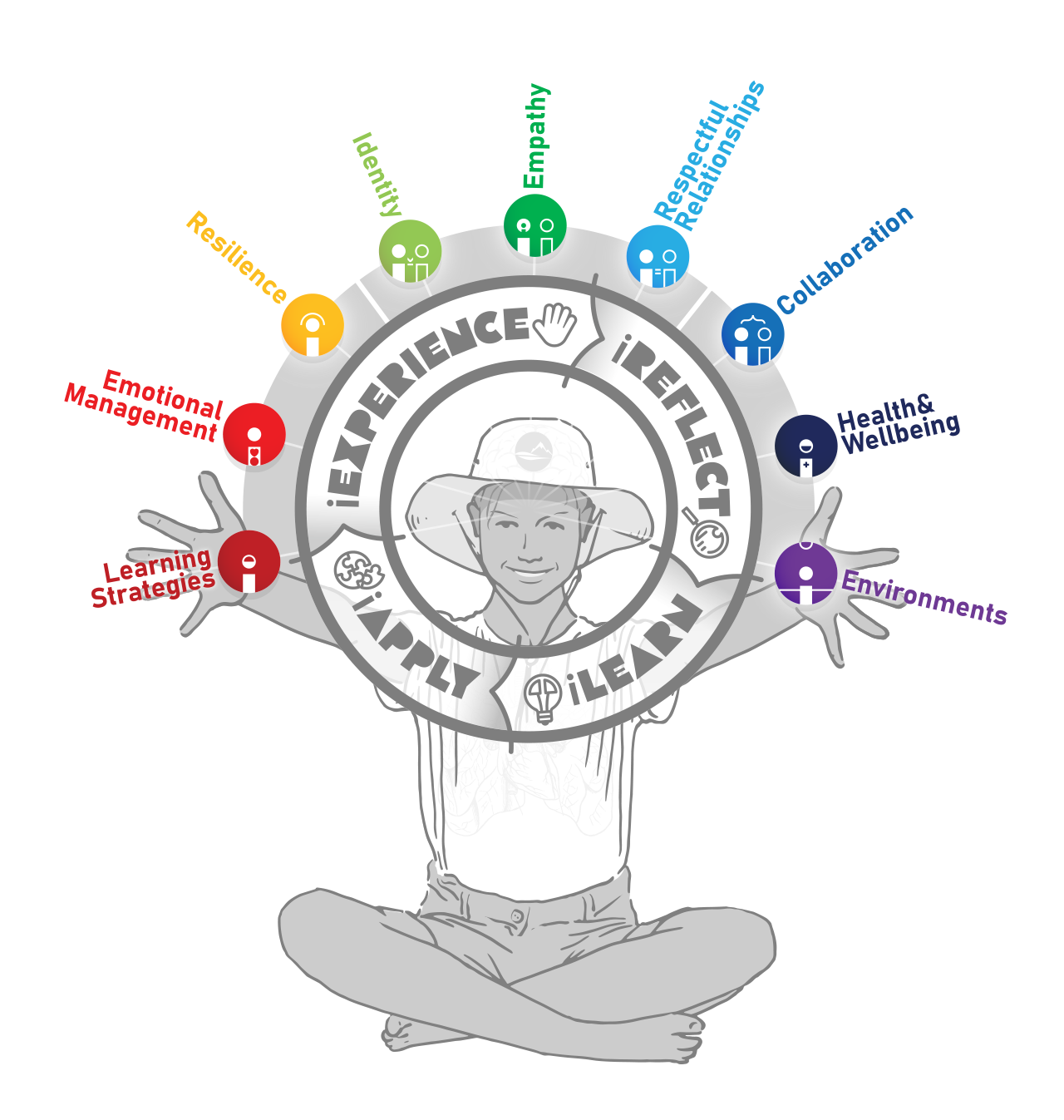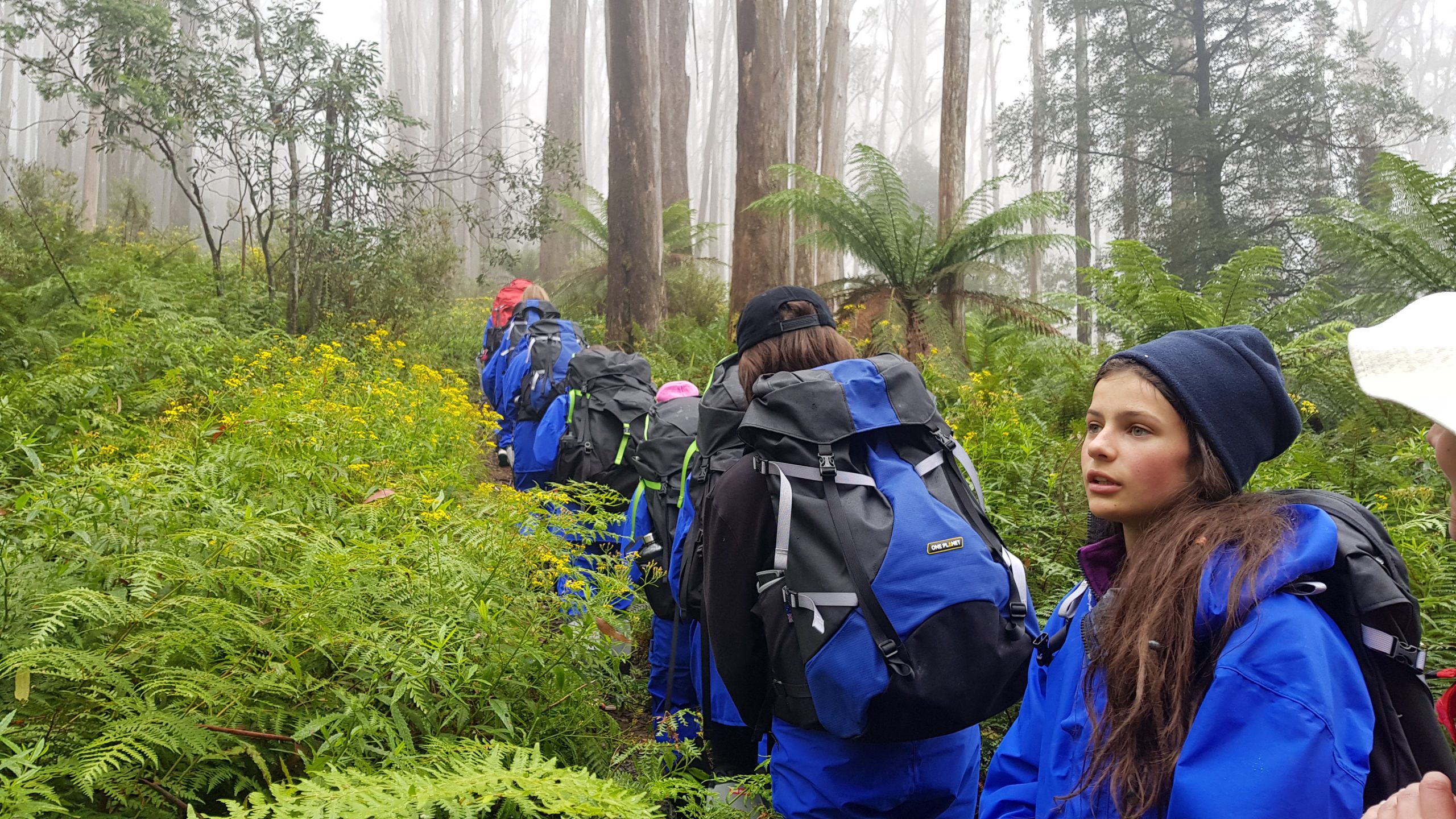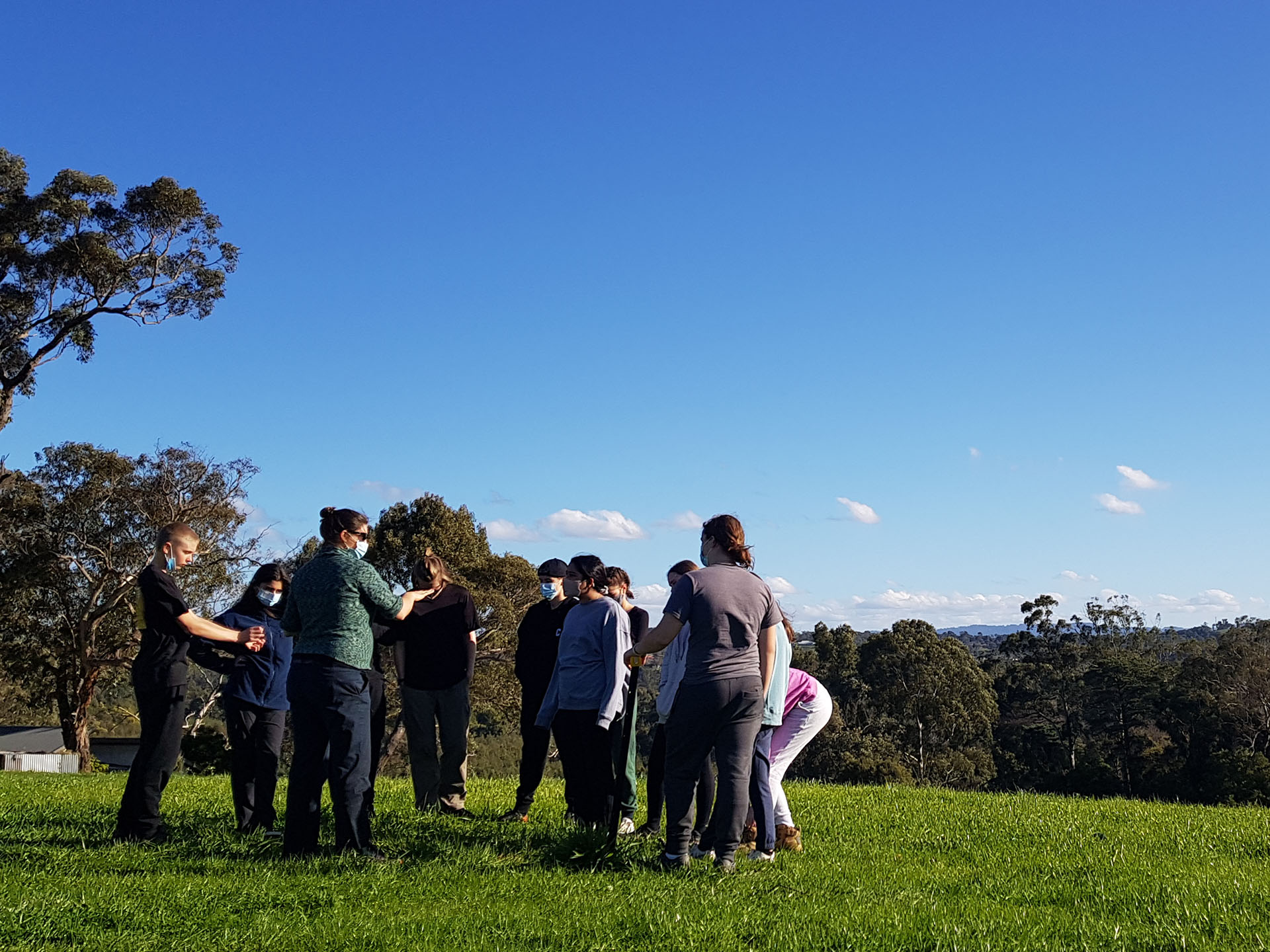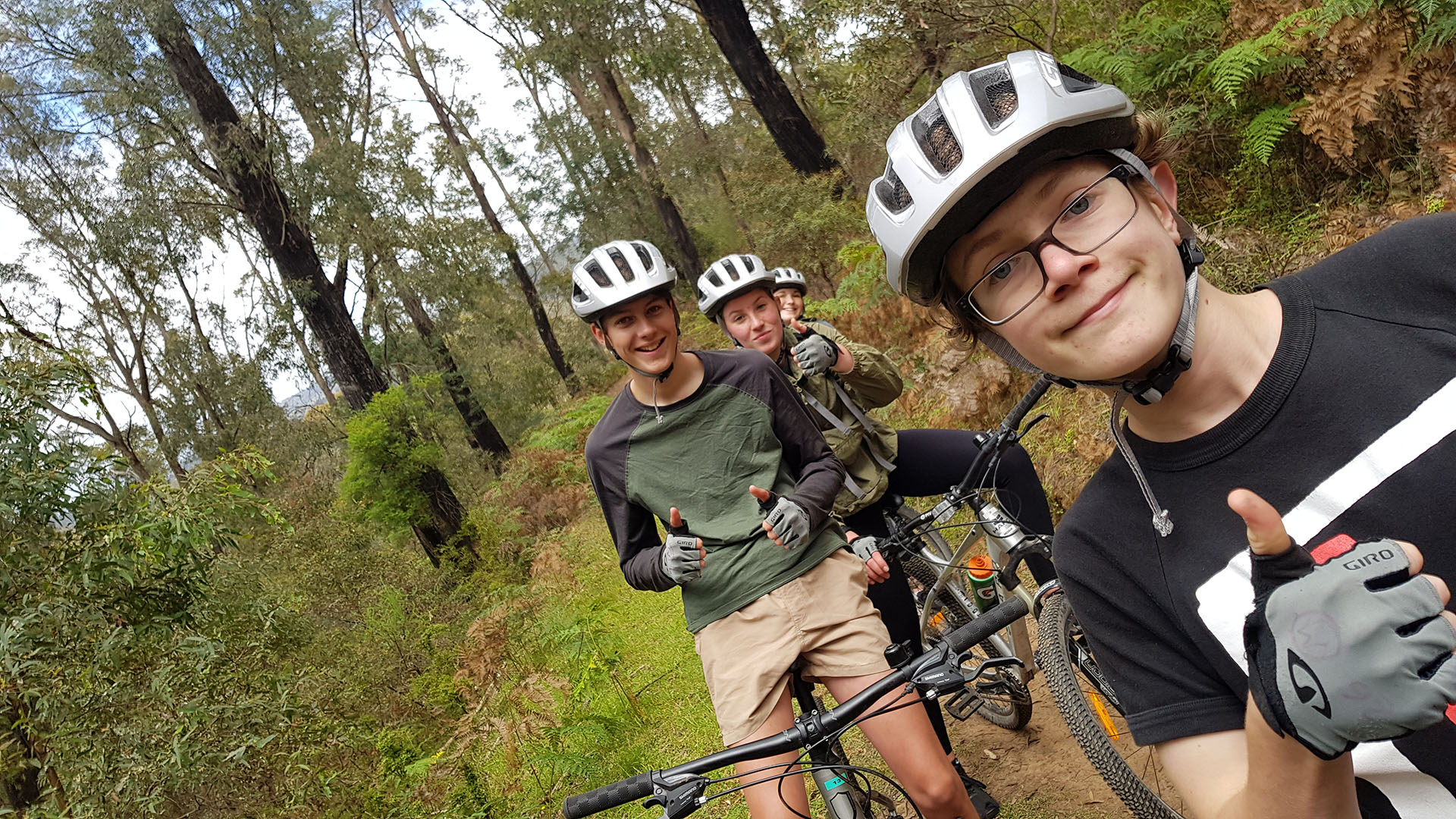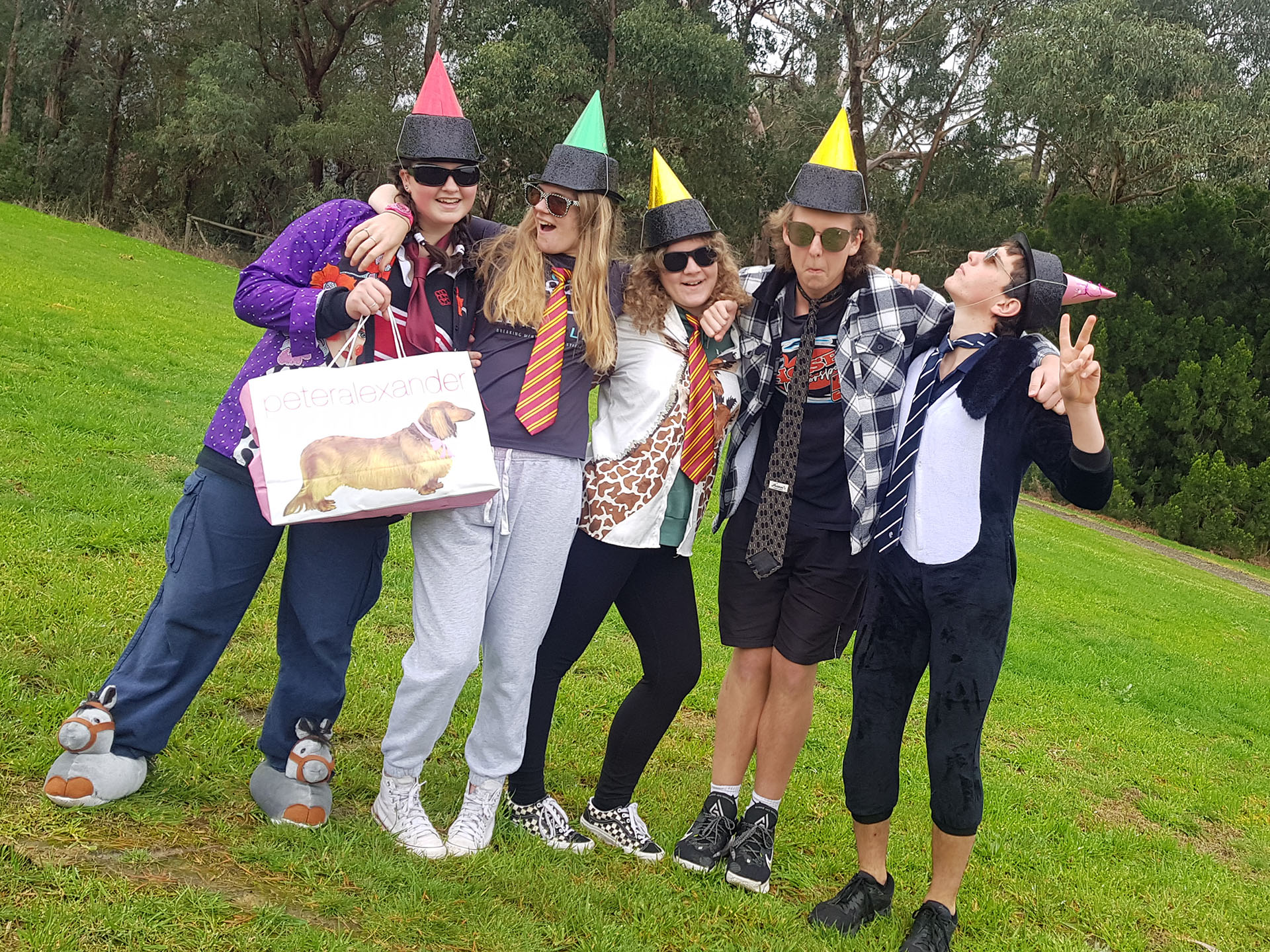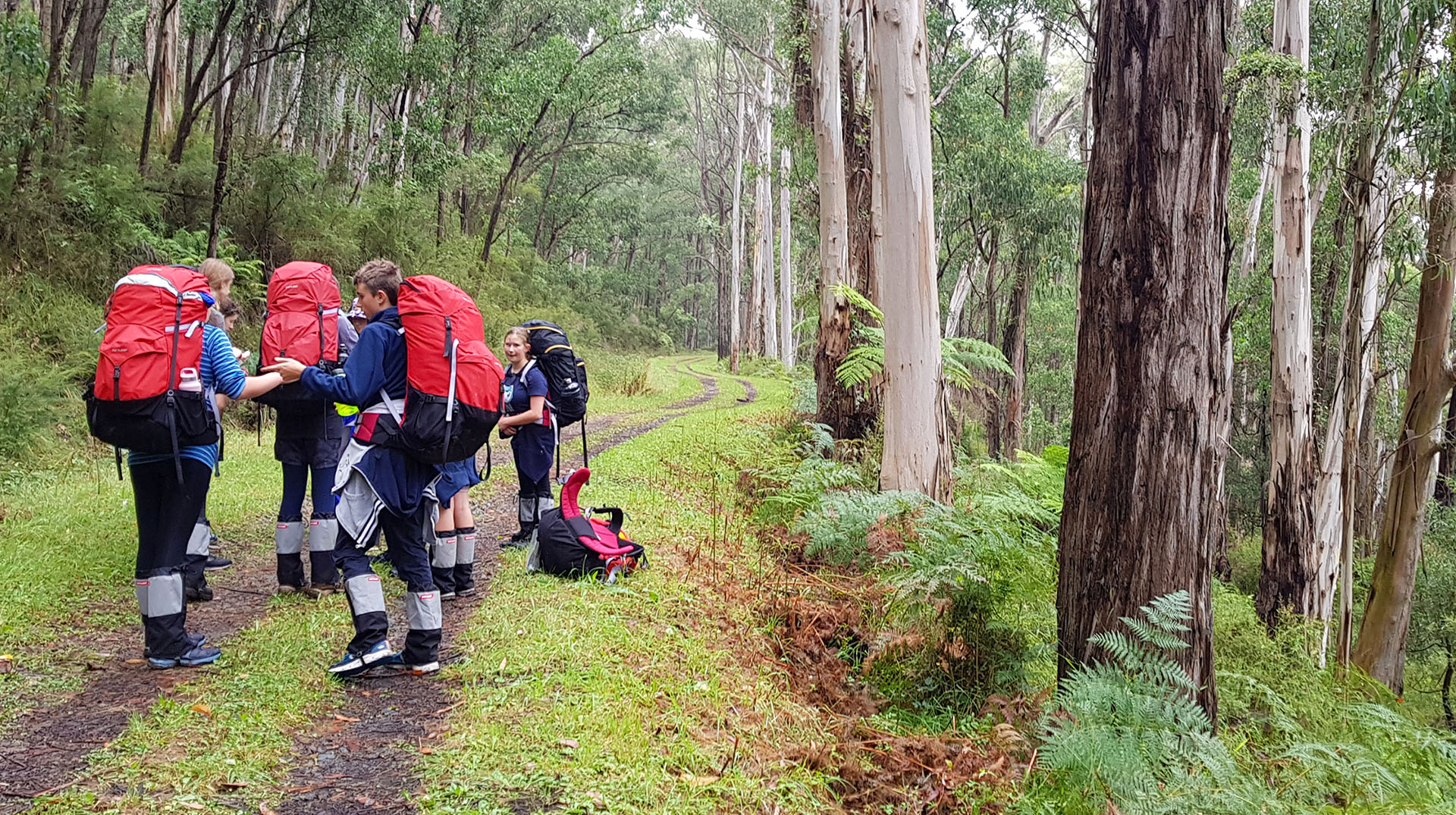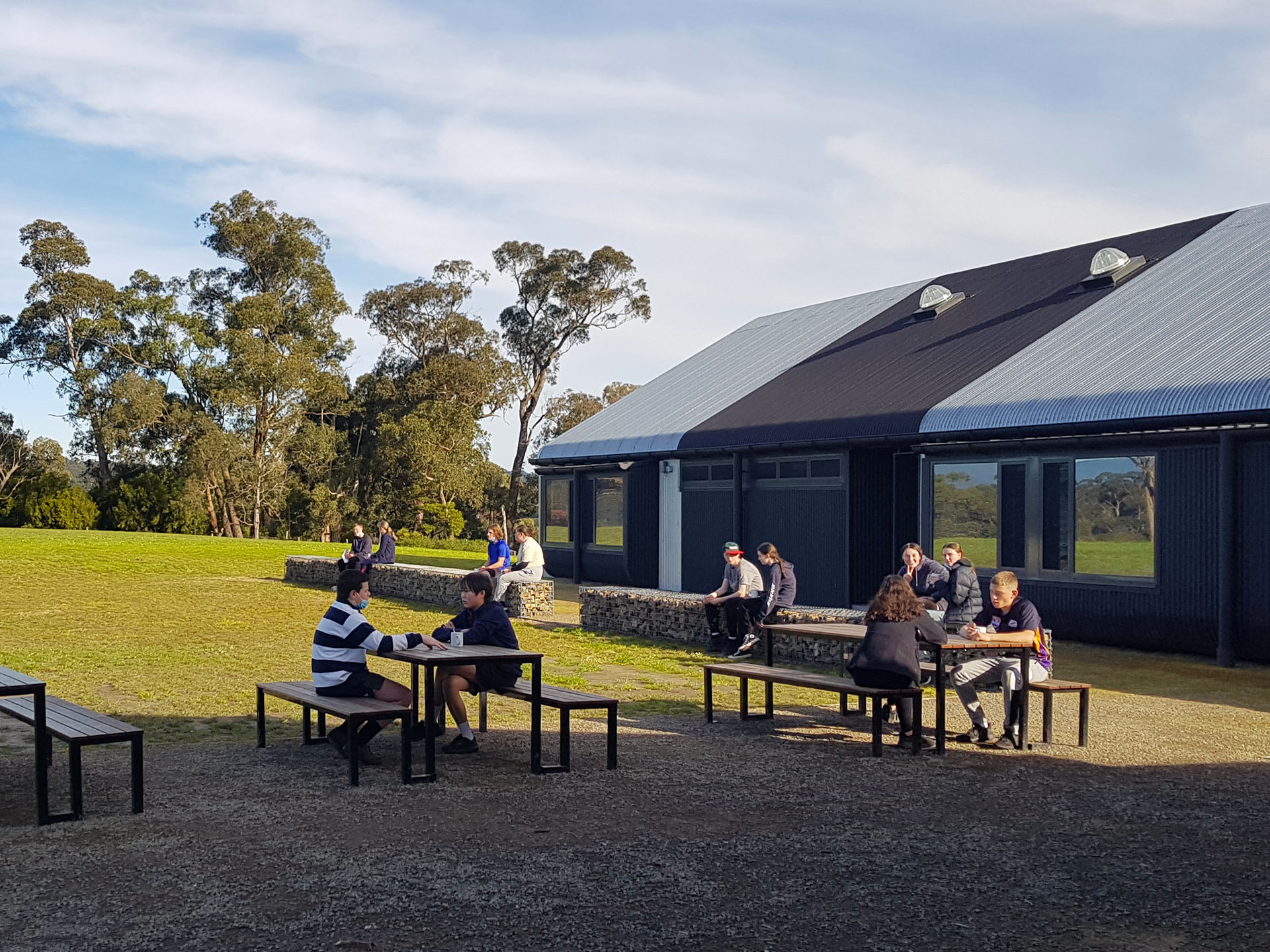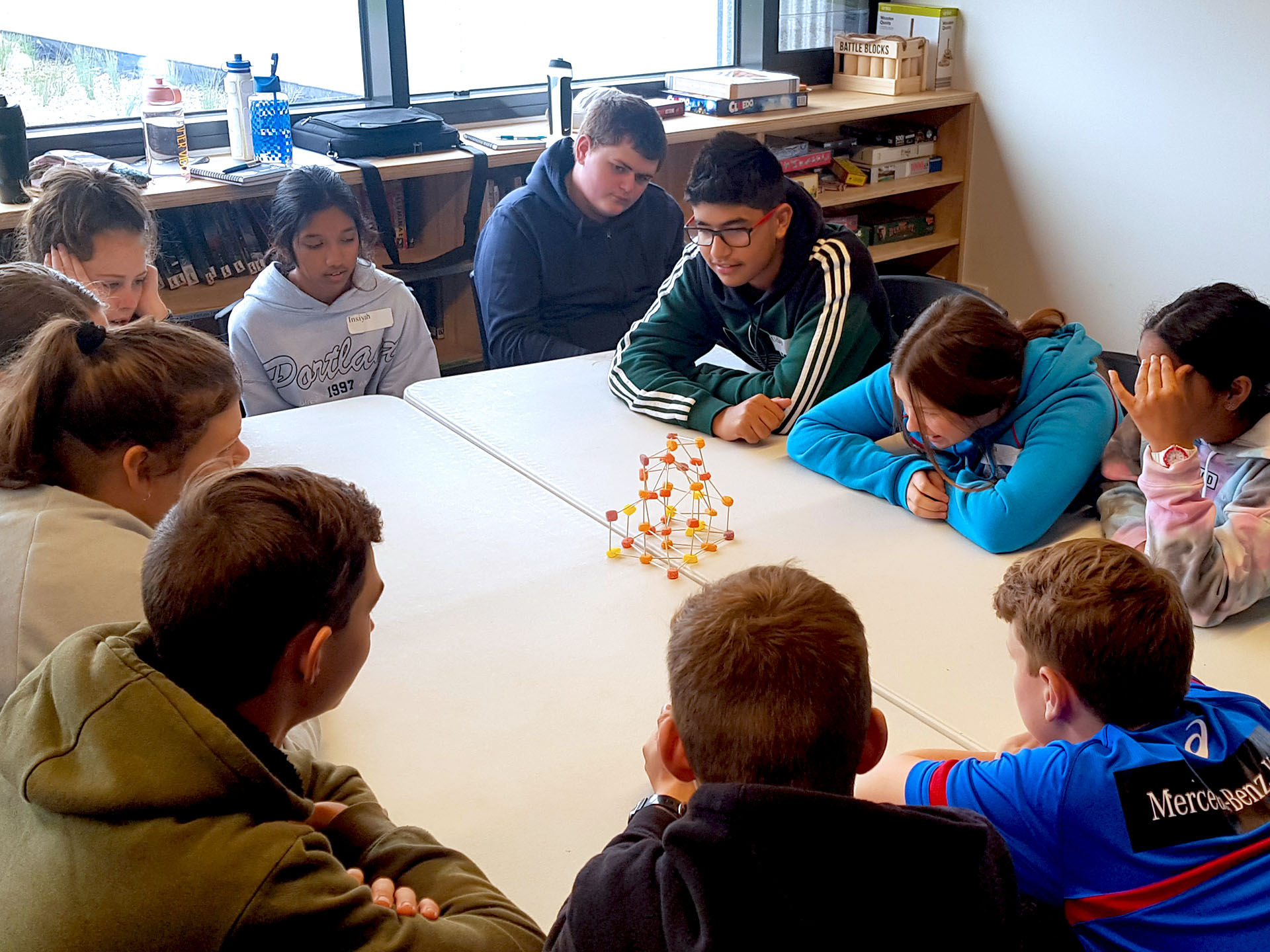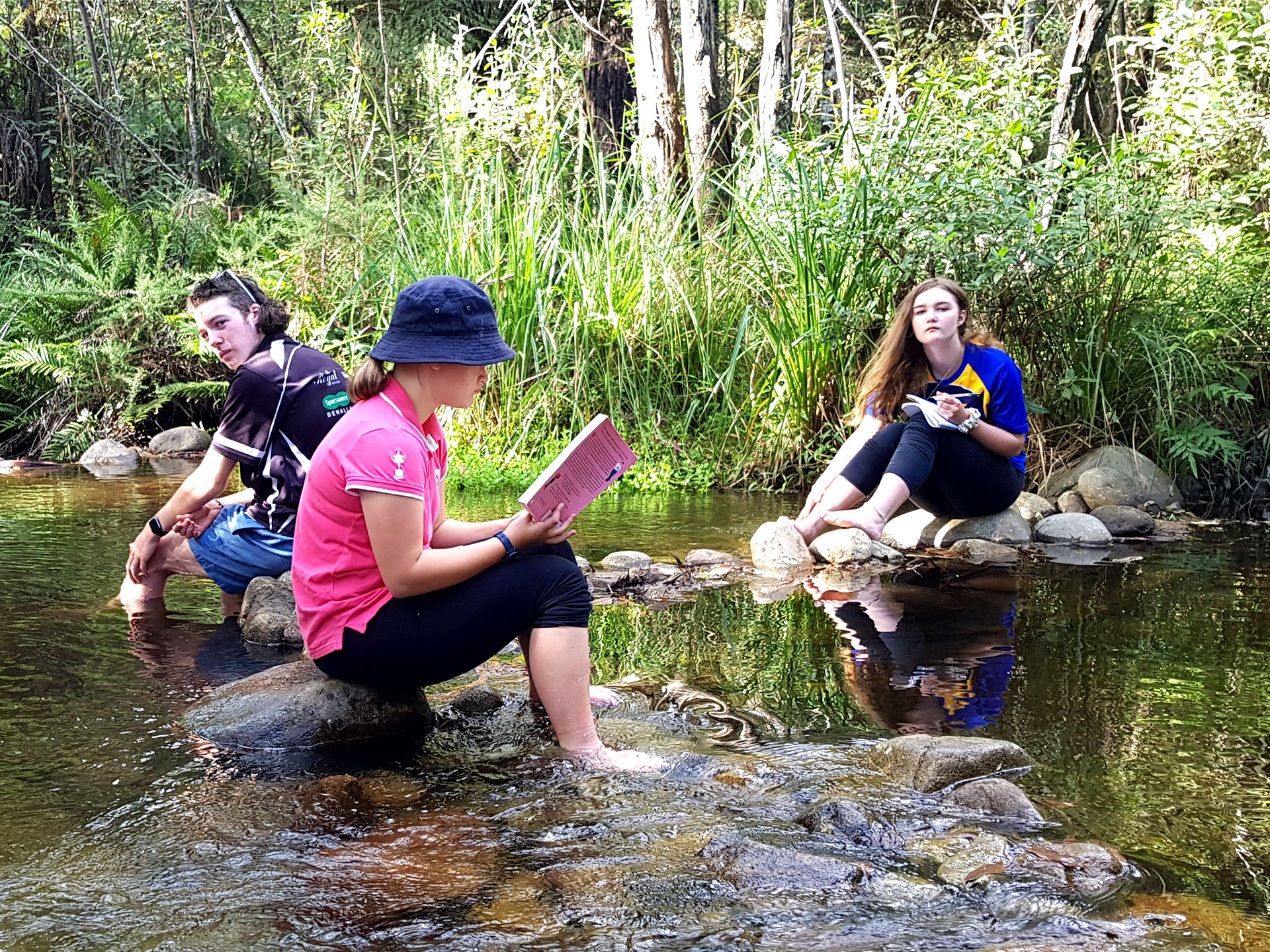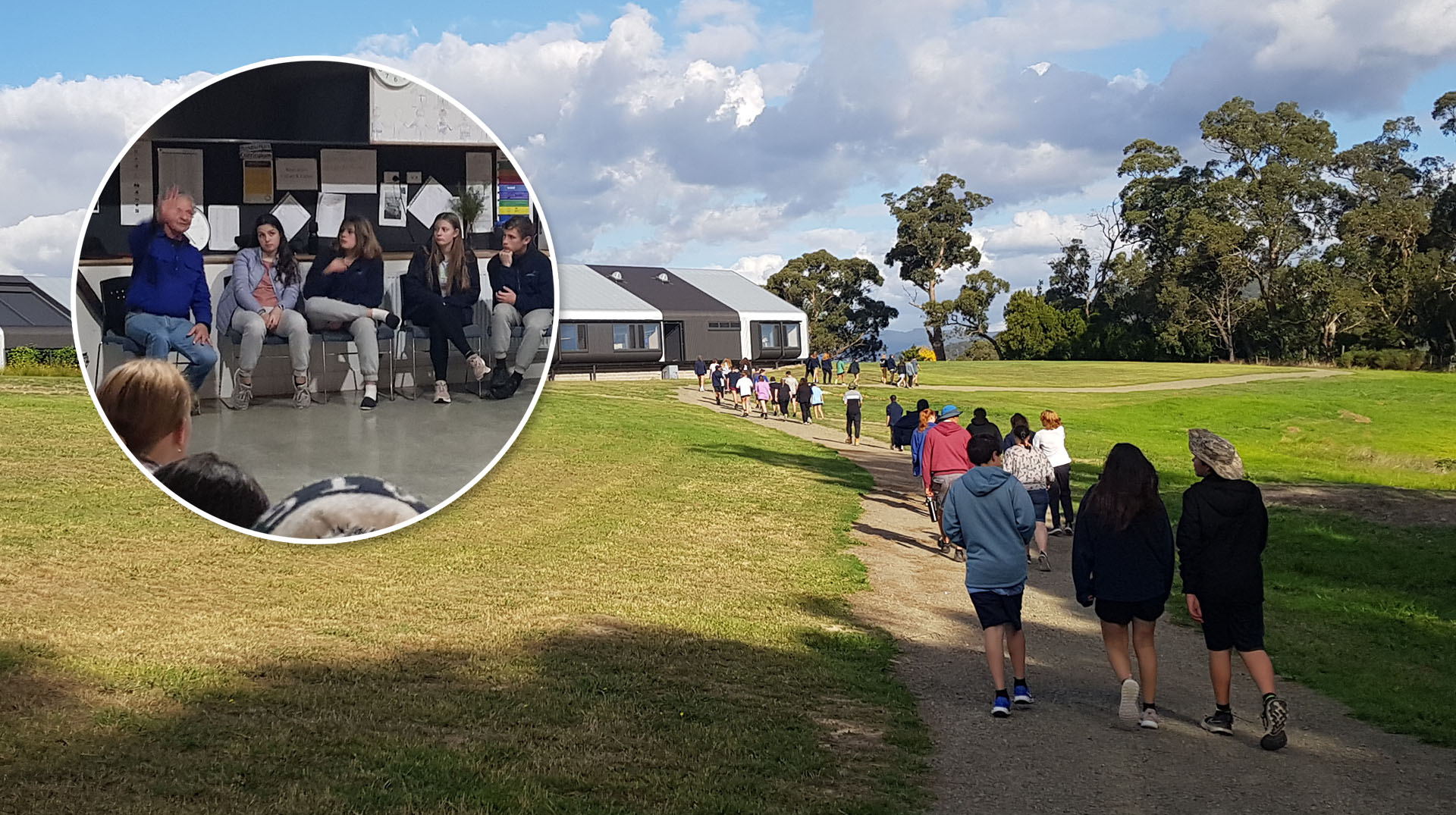Nine Key LearningConcepts.
Throughout the program, the students will participate in classes specifically based around the nine key learning concepts.
These learning concepts are regularly referred to, discussed and used both explicitly and implicitly.
The classes use both practical applications and theory-based workshops with students using both laptops, journals and pens to record their own self learning. Within their own reflections students are encouraged strongly to make connections within their own interactions with the community and the learning concepts to help instill their understandings.
Self Belief

LearningStrategies.
Students discover the ability to gain knowledge of skills through study, experience or by being shown via instruction. The aim behind learning strategies is to achieve a long-term or overall aim. This is applied within SSL via their daily interactions and responsibilities.
(Three classes)
Self Belief

EmotionalManagement.
As our young leaders grow we discuss the process of dealing with or controlling our emotional responses, this in parts explores our own emotional intelligence. We utilise modern day theories mixed with modern day movies to help explore the complex topic in a friendly and safe manner.
(Three classes)
Self Belief

Resilence.
Within one session, we explore the significance of independence and the value of completed challenging tasks/activities/journeys. We explore and evaluate the behaviours and protective factors to achieve confidence, resilience, self-reflective and adaptable to a variety of different challenges.
(one class/session)
Relationships

Identity.
We explore and examine the impact of changes and transitions on relationships. We discuss and tease out factors that shape our own personal identities. We analyse how individuals, communities and groups impact the identities of others. The students explore how their own personal journeys have shaped themselves into who they are today and who they want to be.
(four classes)
Relationships

Empathy.
We share and acknowledge the importance of empathy and the acceptance of diversity for a cohesive community and reflect on the effectiveness of strategies for being respectful of diversity and human rights. This is designed to help our future young leaders can understand and share the feelings of another.
(three classes)
Relationships

Respectful Relationships.
Within four classes, we explicitly investigate personal, social and cultural factors that influence the ability to experience positive and respectful relationships and explore the rights and responsibilities of individuals in relationships. This includes having meaningful conversations with peers whom they’ve had limited contact with.
(four classes)
Connectedness

Collaboration.
Evaluate our own and others contribution to group tasks, critiquing roles including leadership and provide useful feedback to peers, evaluate task achievement and make recommendations for improvements in relation to team goals. The emerging leaders develop specific skills and a variety of strategies to prevent or resolve conflict and explore the nature of conflict resolution in a range of contexts.
(three classes)
Connectedness

Health &Wellbeing.
Our young leaders learn lifelong skills through role plays and manage first aid situations in a fun and relaxed environment. We explore the importance of staying heathy for both mind and body. We discuss and explore organisations, support networks and practical skills to help manage mental health and explore the importance of caring for our own wellbeing.
(four classes)
Connectedness

Environments.
Throughout the whole program, we utilise the natural environment as a platform to grow and develop our own sense of place. We explore the connection of both built environments, connections within the local and greater community, our connection with culture and explore different perspectives.




